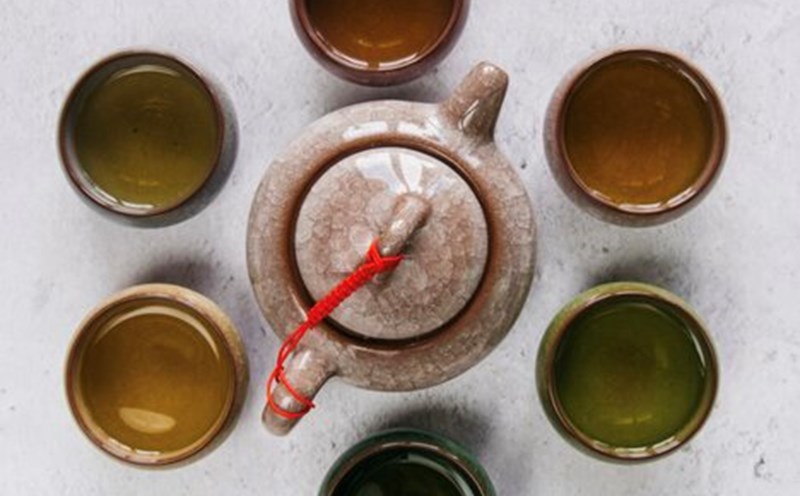Matcha helps improve insulin sensitivity
Matcha, a traditional Japanese green tea powder, is increasingly popular in many countries thanks to its eye-catching green color and unique flavor. But behind its attractive appearance, matcha also contains health-healthy biological compounds, especially in blood sugar.
According to nutritionist Helen Tieu, RD, CDE, founder of Diet Redefined ( Canada), matcha contains catechin, quercetin, fiber, L-theanine and polyphenols. When used regularly, these compounds help stabilize blood sugar, improve insulin sensitivity and reduce inflammation, says Tieu.
In particular, EGCG, a prominent catechin that has been shown to help insulin work more effectively, thereby helping cells remove glucose from the blood for energy.
Not only that, quercetin and antioxidants in matcha can also slow down the absorption of carbohydrates, helping to avoid a sudden increase in blood sugar after meals.
Caffeine combined with L-theanine: sustainable energy
Another advantage of matcha is the combination of caffeine and L-theanine, the amino acid characteristic of green tea.
Taylor Fazio, MS, RD, nutritionist and health consultant at The Lanby (New York, USA) said: Compared to coffee or energy drinks, matcha provides more sustainable energy thanks to the combination of caffeine and L-theanine. This helps drinkers stay alert without causing sudden increases in cortisol or glucose."
However, experts also warn that many packaged "matcha latte" products or drinks at coffee shops often contain added sugar, which can lose the benefits of blood sugar. Instead, choose pure matcha powder, combined with water, milk or unsweetened nut milk.
How much matcha is enough?
Studies show that drinking 1-2 cups of unsweetened matcha per day is a reasonable level to take advantage of the benefits without causing side effects. One to two teaspoons of high-quality matcha powder per day is enough to provide antioxidants, caffeine and L-theanine, Fazio recommends.
Consuming too much matcha, especially in the form of a thick extract, can affect the liver in some rare cases.
To keep matcha as a healthy drink, experts recommend:
Avoid pre-mixed flour with added sugar.
Choose unsweetened milk or plant milk.
When ordering drinks at the restaurant, ask to reduce or eliminate sugar.
Matcha is a great choice for those who want to balance energy and control blood sugar. But to make the most of the benefits, the way of preparing and dosing each day is the key.











